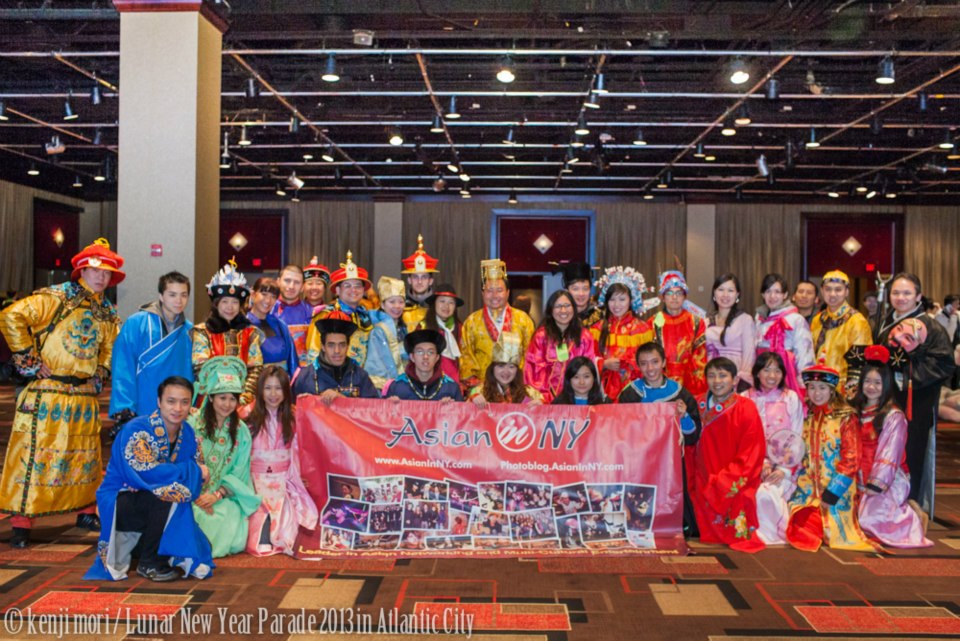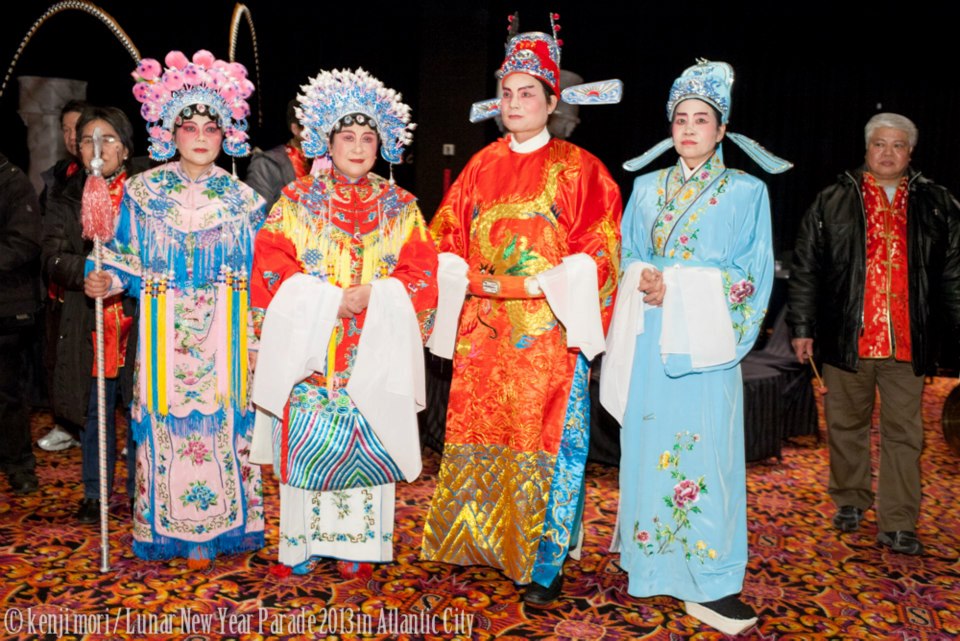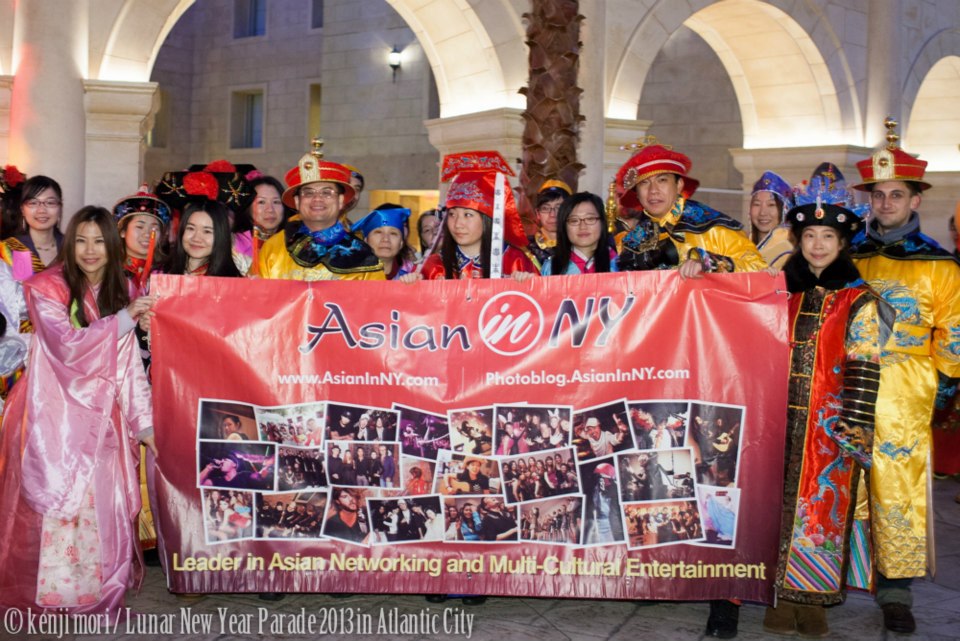By Devin Leung
I visited my mother last weekend for Chinese New Year in Brooklyn, NY where my parents settled from Hong Kong in the late 70s. On each of my intermittent visits home since I left for the military at the age of 17, I notice a change in the community: the staggering growth of Chinese immigrants. No news here as the 2010 US Census determined Asian Americans as the fastest growing racial group in the nation.
Just months after Lee Siegel of WSJ points out the distinguished achievements of Asian Americans in his article, “Rise of the Tiger Nation: Asian American Success,” I dare to wonder what the future holds for Asian Americans. Will they continue to enjoy the accolades as the highest-income, best-educated race group or will they face challenges that may result in a decline?
Today Sunset Park, Brooklyn, is a different neighborhood than what it used to be in the 80s and 90s. As I walked past the commercial spaces of 8th avenue last weekend, they struck childhood memories of my favorite establishments. Italian-owned Pizzerias that once sold hot slices for $1.25 are now retail stores that sell trivial items from dated I-phone cases to international calling cards. My once-favorite doughnut shop on 59th street is replaced by a Vietnamese restaurant. Supermarket Chain A&P used to be on 61st street before it evolved into Hong Kong Supermarket. Despite the obvious difference like Asian business signs overlapping one, another caught my attention: the overwhelming presence of baby strollers.
A sea of children with their young mothers filled the streets of 8th avenue that arctic afternoon for Chinese New Year. Despite the masses of gingerly spirits, I made an observation that was alarming as much as it was jarring: there were very few men in the crowd. In fact, this was the same observation each time I visited Sunset Park in the past few years. Where are the fathers of these children? Were they working on the Sunday of Chinese New Year which is regarded as one of the most valued holidays in the Chinese culture, such as Christmas for Christians? I think not.
Explains the rise of absent fathers and the decline of Asian nuclear families is the fact that many Asians are now more interested in becoming American citizens than in raising a functional family. They seek counterparts of the opposite sex who are naturalized and/or with green cards in hopes for a more permanent status to remain in the states. There may or may not—and in most cases the latter—exist authentic passion in the marital relationship. In short, these façade-marriages, based on the interest of citizenry, are set for failure from the get-go. What these biological creators don’t realize is that their botched matrimony will not only be detrimental to the development of their children but to the society as well.
In Freakonomics, Levitt and Dubner marveled us with their amusing yet tenable theory on the relationship between the legalization of abortion in 1973 and the sharp decline in crime rates in the 90s. The theory suggests that unwanted children—born to single mothers or parents who are not suited to responsibly provide the love and resources—would otherwise seek intimate relationships in the streets rather than in the home, leading to a life of crime and becoming a burden to society. The absence of fathers in any family in any race group is a societal issue.
A nuclear family, however, is not the single-handed answer to securing a future of the tiger nation. Many Asian immigrants work menial jobs with low wages, contrary to the “Model Minority” myth, believing that is too late in life and time-costly to master the English language in order to pursue a college degree. Their only answer to financial survival is to pile up work as many as 12-15 hours a day. Hence an Asian family may have loving parents but if they are at work from dawn to dusk, there is no adult supervision over their children. Kids would watch television, web-surf and play video games instead of studying while teenagers skip school and resort to juvenile activities.
If careless marriages persist we could see the fall of the tiger nation. Asian Americans would see a change of direction in achievements: lower standardized test scores, less individuals being educated, hike in juvenile crime rates, and lower average earnings.
Like with any urban issues, the city government and non-profit organizations will play a significant role in securing the interest of Asian American communities. Social programs can be introduced to educate immigrants on alternatives of citizenship other than getting married. Public subsidies can help fund after-school programs so that children are left behind, after 3pm for homework assistance. YMCAs can be chartered in Asian neighborhoods so that teenagers have a controlled place to gather and frolic instead of on the streets.
This is not to say that city agencies and non-profit entities are responsible for the social well-being of Asian Americans; ultimately, it is the political participation of Asian Americans, their civic leaders and communities that will advance the social well-being and secure the opportunity for an American dream for all. And that in itself is a challenge.
About the Author
Devin Leung is the son of Chinese immigrants who settled in Brooklyn, NY in the Late 70s. After high school, he served in the US Marine Corps for five years with a combat tour in Iraq. He holds a BA in political science from Columbia University in New York, NY. He currently works for the Department of Defense located in Philadelphia, PA and is also researching for a non-fiction book that assesses the social integration of Asian Americans in the US military Post 9/11.



Leave a Reply